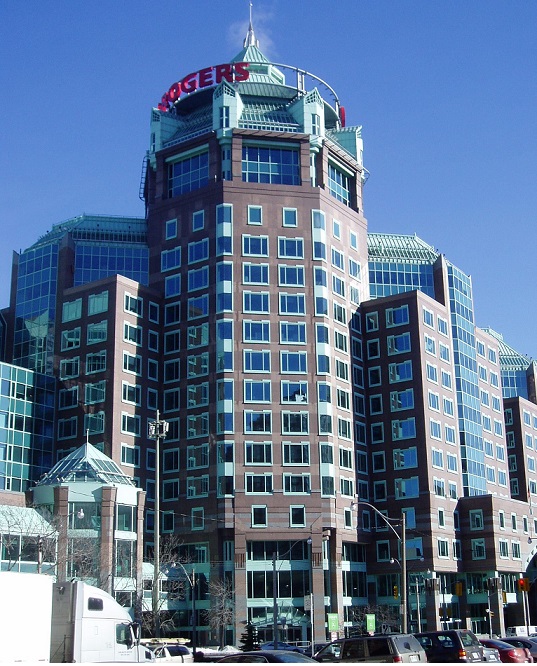Unacceptable conduct by Rogers Communications

TORONTO – It has been a terrible three days, from a connectivity perspective, for users of the telecommunications giant, Rogers. Unless one is a user of another communications’ giant (i.e.., Bell), you almost immediately became part of a cash only economic system, an in-person communicator or a “cold-turkey” divorcee of television. In other words, you stepped back in time to the 1950s.
As at time of writing, Rogers, claimed to be close to restoring service to the “vast majority” of its clientele, but was not even close to guessing as to the source of the problem, according to one of its Vice-presidents, Kye Prigg. Just think of the incongruity of the claim: “we don’t know how we got into this mess, but we think we have solved it.”
“We don’t understand how the different levels of redundancy that we build across the network coast to coast have not worked,” said Kye Prigg, Rogers’ senior vice-president said in a CBC interview before being rushed away from the camera.
His “boss”, Tony Staffieri, chief executive officer and president of Rogers, said in an open letter that the company apologizes for the service interruption, but it still didn’t know the causes that forced the shutdown. Okay, so we may as well ask the kids next door; they are “tekki nerds”. Or John Tory, full-time member of the Board and part-time mayor of Toronto.
The point is that the speculation from “those who know or should know” has taken off like a missile in Cape Canaveral.
The CBC tracked down a statement from Canada’s electronic spy agency, the Communications Security Establishment, which gave a reassuring “no indication” the outage is due to a cyberattack. That’s nice. In the context of the internationally volatile political climate (Ukraine, Russia, China, North Korea, Iran…), that is exactly the comforting statement Canadians needed to hear (sarcasm intended).
If they know, they have no intention of informing their clients (us). In that vein, we cannot blame the technical infrastructure for “the mess” in Government services at passport offices, Service Canada, Public Services and Procurement Canada and the Canada Revenue Agency. That would be a cherry on the cake of managerial collapse.
The truth of the matter is that as long as the CRTC, Canada’s regulatory body for carriers and broadcasters in the telecommunications sector, protects Rogers’ interests and market share, there is little incentive to improve infrastructure and services.
It seems light years ago now but, when the Europeans were revolutionizing their technologies and regulatory systems to adapt to the cyber world and the 5G systems, Rogers had already developed a reputation as a “we’ll go it alone” corporation, eschewing any formal relations with established European powerhouses like Nokia, Erikson, TIM and emerging Oriental ones like Huawei. They were not interested in technology partnerships.
Rogers blamed last year’s “outage” on software update issues. This year, they don’t have a clue.



